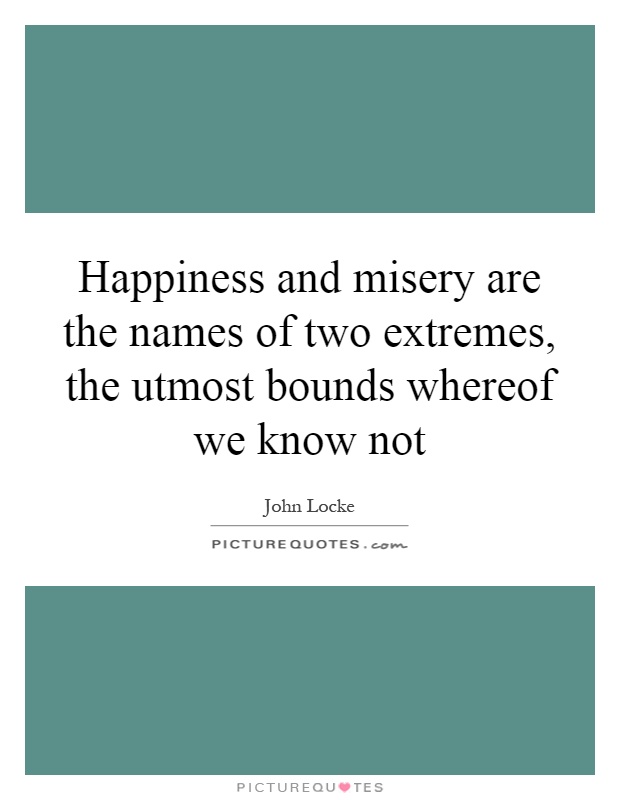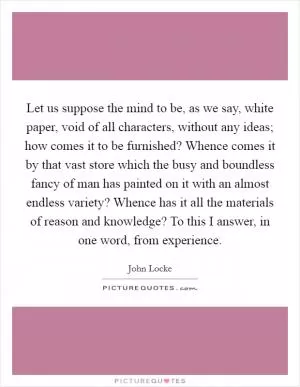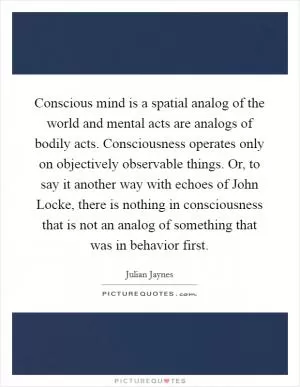Happiness and misery are the names of two extremes, the utmost bounds whereof we know not

Happiness and misery are the names of two extremes, the utmost bounds whereof we know not
John Locke, a prominent philosopher of the Enlightenment era, believed that happiness and misery are two extremes that define the human experience. In his work, Locke explores the nature of happiness and misery, arguing that they are subjective states that are influenced by individual perceptions and experiences.Locke believed that happiness and misery are not fixed states, but rather fluctuate depending on a variety of factors. He argued that happiness is the result of fulfilling one's desires and achieving one's goals, while misery is the result of unfulfilled desires and unmet expectations. Locke believed that happiness and misery are deeply intertwined with human nature, and that they are essential components of the human experience.
Locke also believed that happiness and misery are relative concepts, and that what brings happiness to one person may bring misery to another. He argued that individuals have different desires and goals, and that what may bring happiness to one person may not necessarily bring happiness to another. Locke believed that happiness and misery are subjective states that are influenced by individual perceptions and experiences.
Locke also believed that happiness and misery are not absolute states, but rather exist on a spectrum. He argued that there are varying degrees of happiness and misery, and that individuals can experience both states to different extents. Locke believed that happiness and misery are complex emotions that are influenced by a variety of factors, including external circumstances, personal beliefs, and societal norms.












 Friendship Quotes
Friendship Quotes Love Quotes
Love Quotes Life Quotes
Life Quotes Funny Quotes
Funny Quotes Motivational Quotes
Motivational Quotes Inspirational Quotes
Inspirational Quotes